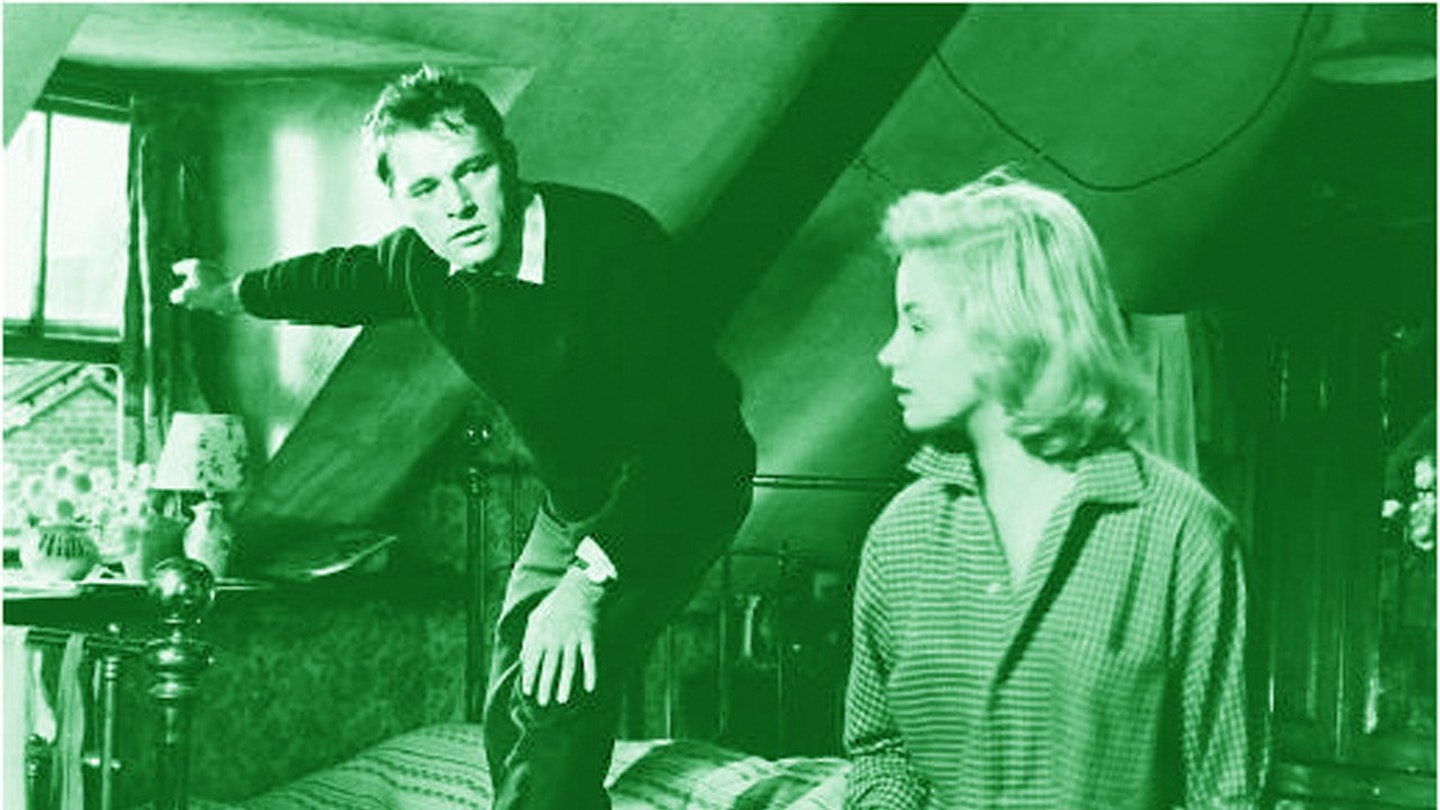Written by John Osborne and directed for the Royal Court Theatre by Tony Richardson, Look Back in Anger shocked the British stage establishment when it opened in May 1956. Its fury, bitterness and coarse eloquence shattered the complacent classicism that held sway in the smugly middlebrow West End and riled the conservative press with its contention that there were `no good, brave causes left'.
However, by the time that Nigel Kneale scripted this screen adaptation, much of the wind had been taken from its sails by the prior release of Jack Clayton's Room at the Top, which made Joe Lampton, rather than Jimmy Porter, the first `angry young man' to reach suburbia and the inner-city backstreets. Both were misogynist predators who exploited women to disguise their own social inadequacy. But they became iconic figures for a generation unwilling to knuckle down to the realities of dwindling imperialism and welfare patronage.
Hired at the insistence of the backers (who included Warner Bros) to give this contentiously risky project a box-office safety net, Richard Burton turned in a typically titanic performance, as the cynic whose then subversive philosophising now sounds like so much wind and fury. But he is too old for the part and his style is too polished to convey Porter's self-pitying ennui and callous sexual arrogance. Consequently, he is less persuasive than his female co-stars - Mary Ure (who was reprising the role of the wife who can no longer distinguish between Jimmy's inarticulate love and his garrulous cruelty), Claire Bloom (who almost out-vamps Simone Signoret as the refined other woman) and Dame Edith Evans, who comes close to stealing the picture as Mrs Tanner, the Cockney mother of one of Jimmy's friends, who was invented for the film.
Richardson's Free Cinema background (films such as Momma Don't Allow, 1956) ensures that this is a cinematically credible exercise in social realism. But its dramatic tropes quickly became clichés and it's now hard to watch this important picture without some 50 years of subsequent parody continuously intruding.
